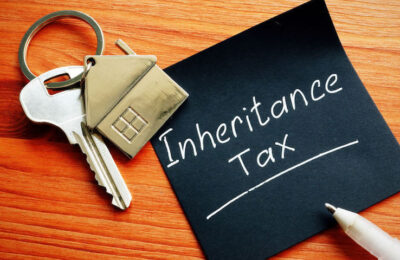Obviously, no-one is going to complain when you pay your employees at a rate that is above that in the National Minimum Wage legislation or National Living Wage legislation – whichever applies.
But if you are discovered to be paying employees below the appropriate minimum wage, then it’s a different matter.
The minimum wage legislation applies to workers or employees. If you are self-employed or are an office-holder, you won’t be required to comply.
An office holder is defined as someone who is paid for the duties they perform, with the most common example being a company director.
The distinction between an office–holder and an employee is important, as office-holders are not subject to the minimum wage legislation whereas employees are. Unfortunately, Directors will sometimes choose to negotiate a “Contract of Employment” between themselves and their companies and if that is the case then any salary paid in respect of that contract will be subject to the minimum wage legislation.
In other words, it is fine to pay yourself as a Director (if you have no contract with your company) at a rate that is below the minimum wage. This may be the case, for example, if you have adopted the strategy of paying yourself a low salary from the company and taking any balance of your remuneration in the form of dividends.
It is the responsibility of HMRC to oversee the monitoring of the minimum wage legislation.
Accordingly, it is worth reviewing the wages and salaries being paid by your business from time to time to ensure you are paying all your employees a rate that is above the National Minimum Wage.
If, as an employer, it is discovered that you are getting this wrong, then not only will you have to reimburse any affected employees with any shortfall in their wage payments but you may also be fined by HMRC.
We can help.
If you would like to ensure you are covered (compliant), we can check your payroll and advise you if any remedial action needs to be taken.
Readers are reminded that from 1 April 2024, the National Living Wage (NLW) and National Minimum Wage (NMW) hourly rates increased to:
- 21 and over – £11.44 (2023 £10.42)
- 18-20 – £8.60 (2023 £7.49)
- Under 18 – £ 6.40 (2023 £5.28)
- Apprentices – £6.40 (2023 £5.28)
Apprentices are entitled to the apprentice rate if they are either:-
- Aged under 19, or
- Aged 19 or over and in the first year of their apprenticeship.
These rates are being increased substantially by the labour government on 1 April 2025 as follows, so be prepared!
- 21 and over – £12.21 (an increase of 6.7%)
- 18-20 – £10.00 (an increase of 16.3%)
- 16-17 – £7.55 (an increase of 18%)
- Apprentices – £7.55 (an increase of 18%)
About Jon Pryse-Jones
Since joining THP in 1978, Jon Pryse-Jones has been hands on with every area of the business. Now specialising in strategy, business planning, and marketing, Jon remains at the forefront of the growth and development at THP.
An ideas man, Jon enjoys getting the most out of all situations, “I act as a catalyst for creative people and encourage them to think outside the box,” he says, “and I’m not afraid of being confrontational. It often leads to a better result for THP and its clients.”
Jon’s appreciation for THP extends to his fellow team members and the board. “They really know how to run a successful business,” he says. He’s keen on IT and systems development as critical to success, and he continues to guide THP to be at the cutting edge and effective.
Read More











